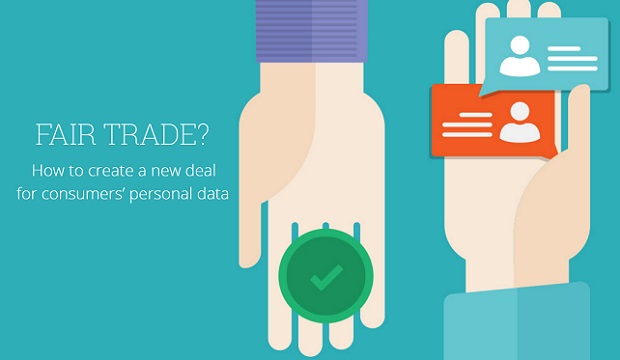Personalised marketing could be working much harder for over half of customers, as changing consumer attitudes lead to wider acceptance of sharing personal information as part of a value exchange with brands, according to new research.

The study, from Amaze One, indicates that 70% of consumers are concerned about the way personal information is collected and only 18 % feel they have some degree of control over it.
Over half of those surveyed are turned off by overtly personalised marketing and generally, informative, understandable communications that add value on an individual level are preferred.
Paul Kennedy, Data Strategy Director at Amaze One said; “There is a fine balance between digital creepiness and a great personalised experience. Now that the data and technology is mature and available to deliver and measure this, marketers need to concentrate on fine tuning that balance to exploit that untapped potential”
The research was driven by the need to re-evaluate the way consumer data is dealt with and revisit the tone of voice that makes consumers engage with brands. As consumers block brand communications in ever-increasing numbers and with the upcoming GDPR regulation, there has never been a more urgent need for brands to understand how consumers really feel about the data they share and make content, data and comms work harder.
Trust and control
51% of consumers are aware of when and where data is collected, but 70% do not feel in control of how personal information is used. Those that do feel in control are more willing to share data, with 46% stating that an ability to delete data that companies save would encourage them to share more insight.
The value exchange
Consumers who do provide personal data, do so on the understanding that they will receive something of value in return. The research proves that the key to encouraging consumers to share more information is transparency (how clear the brand is on how it will use data), reputation and the ease of deleting data (a preference supported by the GDPR).
Generically, respondents are willing to share name (76%), age (68%) and email (66%) however, a very low number will share social media data or connect via social log-on(7%), given that so much of their personal life is invested in platforms like Facebook, there is a tendency for consumers to be very protective of that data. An interesting finding given the amount of brand investment into social login functionality.
When questioned which factors would make them more willing to share information with companies, 30% said ‘rewards’ and 12% ‘enhanced services’. Consumers who like to be referred to by name are even more likely to want frequent contact from brands and those who favour tailored deals are more likely to want frequent contact from brands – but not to intrude.
Janet Snedden, Deputy MD at Amaze One, comments: “In today’s age of the connected customer, a strong blend of rigour and magic is required from brands and marketers to manage communications effectively – we have huge opportunities as consumer curiosity grows – but also so much at risk from getting it wrong.
“We need to earn the trust of our customers by making each and every interaction count.
Intelligent data should drive personalised, insightful communications that add value and enhance the customer experience. To get this right we must better understand the tone of voice tailored to the individual.”
For a copy of the report click here
